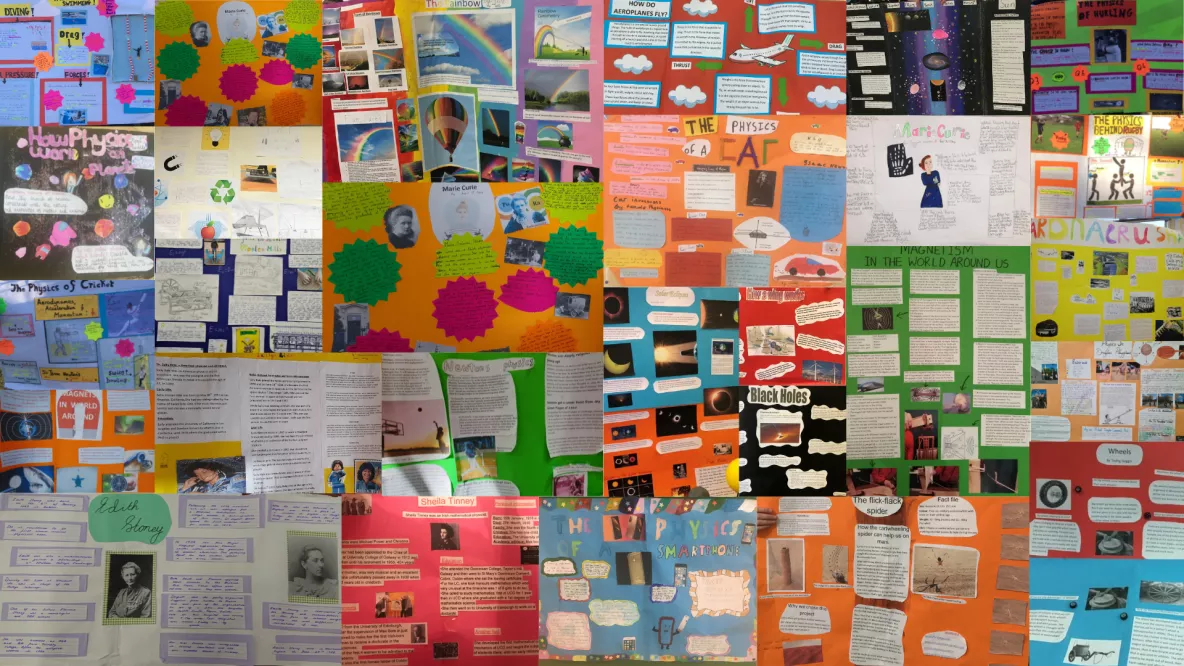
A project run out of University of Limerick aiming to encourage greater interest in physics among second level students has seen “increased enthusiasm, especially among girls”.
That’s according to Dr Gráinne Walshe, Director of Science Learning Centre and leader of the SFI-funded SOPHia Project.
The project is run by Department of Physics and the Science Learning Centre in UL’s Centre for Transformative Learning in partnership with the Institute of Technology Carlow and Tait House Community Organisation, with the support of the Institute of Physics in Ireland.
It aims to encourage more students, especially girls, to take up physics as a subject in their Leaving Certificate. This Wednesday, 38 awards were handed out to students as part of the SOPHia Project Science Competition, which took place despite the pandemic.
“Over 450 individual students, ranging from primary school level to transition year, from across Ireland entered, with 250 projects in total,” explained Dr Walshe.
“This was over double the number of projects that we had entered the previous year. The restrictions during the pandemic meant that students had an opportunity work on their posters at home or in school, and then send them in via email.
“We have seen increased enthusiasm for physics in general, especially among girls, with more than half of the participating students female,” she added.
Launched in 2018, the project “aims to encourage young people to form positive perceptions of physics, and to help address the gender imbalance in physics”, according to Maria Quinn, Chief Technical Officer in UL’s Department of Physics and manager for SOPHia.
It comes with a three to one ratio of male to female students taking physics at Leaving Certificate level in Ireland.
“As one of a handful of young women in my Leaving Cert physics class and the only woman in my degree, I experienced this first hand,” says Elora McFall, a UL Physics graduate who now helps to coordinate the SOPHia project.
“SOPHia shows students that physics can be for anyone. Hopefully one day our impact will help to provide future role models in both academia and industry. We have now delivered our school workshops to over 4000 students,” she added.
The project also runs teacher events, provides web-based learning materials and has its very own beehive using sensor technology to monitor the conditions in the hive.
The student projects submitted to the competition were evaluated by a panel of physics graduates, postgraduates, academics and professionals in the depths of lockdown in January 2021.
“It was not an easy task, given the high quality of the entries,” explained Dr Walshe.
“I was delighted to welcome the students, along with their parents and teachers, who entered the 2020 SOPHia Science Competition and made it so successful,” she added.
Dr Walshe noted that the competition and project activities were possible thanks to funding from the SFI Discover programme.
“Without that funding, the project could not have grown as it has, and we would not be here today,” she added.